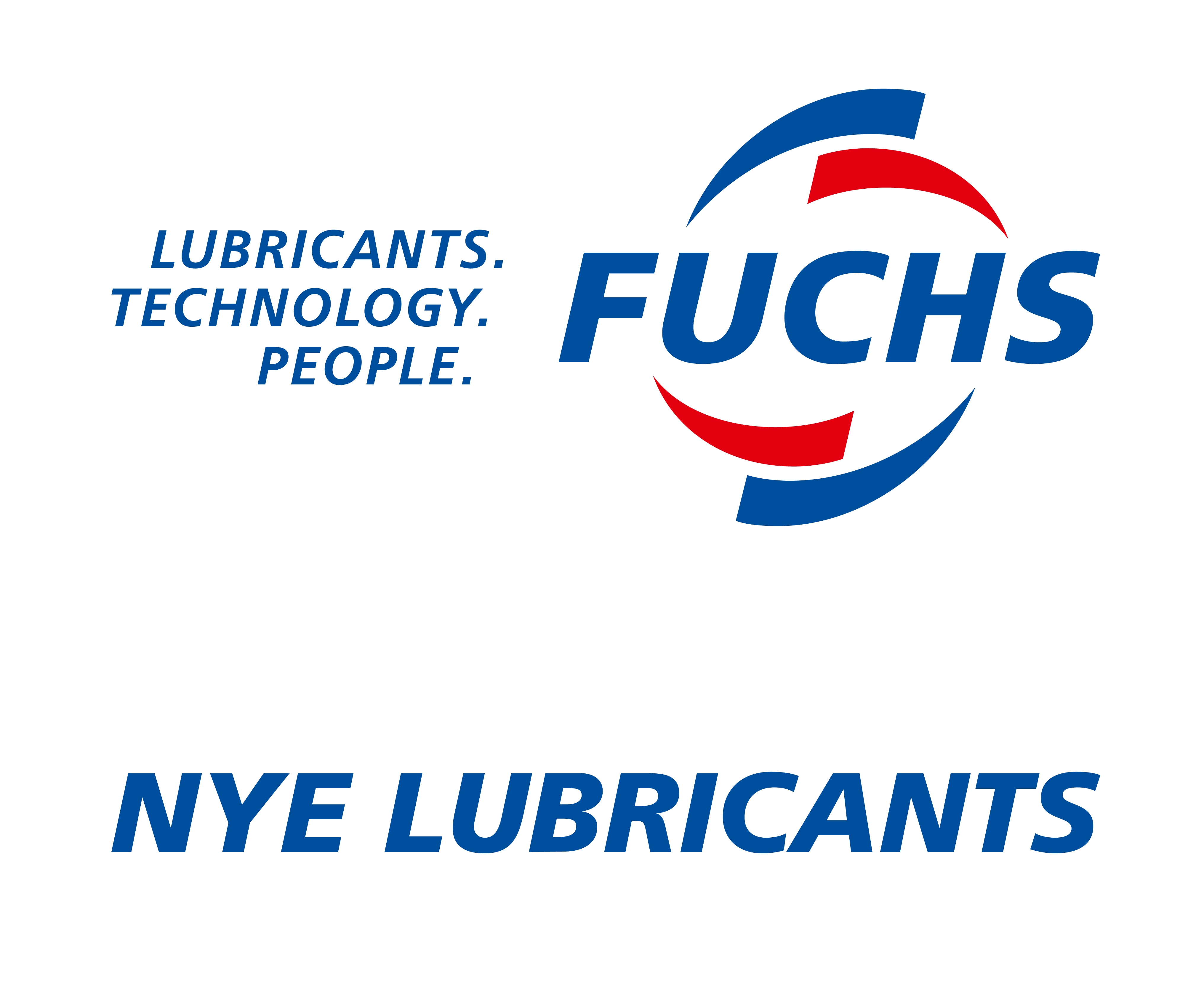Control Cables
Selecting the proper control cable lubricant can be tricky given the variety of materials, designs, routing requirements, loads, temperatures, and duty cycles. Tight cable routing and heavy loads make the selection of the right cable lubricant all the more critical.

The key is to choose a lubricant that improves cable efficiency — a measure of how quickly, smoothly and easily the cable moves under a broad range of operating conditions. This efficiency is directly related to how well a lubricant minimizes friction between the cable and its liner, that is, the lubricant’s ability to wet and adhere to the cable and liner surfaces under both test and standard operating conditions. Since most tests involve constant rapid cycling, high film strength and the proper base oil viscosity are essential to maintaining the right amount of lubricant where it is needed.
While oil is still used for some lightly loaded cables with high efficiency needs, greases offer several advantages for control cable lubrication. A grease’s stay-in-place capability mitigates leakage problems associated with oil. Greases also prevent wear better than oils. Formulated by gelling a base oil with a thickener system, they act as a sponge of oil, slowly releasing oil throughout the life of the cable and ensuring an adequate supply of lubricant during cycling. Special grease formulations can further improve cable performance and extend operating life. Nye’s fluorocarbon gels, for example, incorporate PTFE which creates a surface with a very low coefficient of friction and aids in supporting medium and heavily loaded cables to reduce wear. Other anti-wear and load-carrying additives, as well as antioxidants and corrosion inhibitors, may also be introduced into grease formulations for specific applications. Greases can also damp mechanical vibration and deliver a “quality” feel.
Greases for specific applications.
Nye has custom-formulated greases for a variety of control cable applications, primarily for the automotive industry. We offer greases for mechanical systems that use cables, pulleys, tracks, and guides. Many are rust-inhibited for protection of metal rail systems. We also offer greases for push-pull cables. They feature a unique combination of silicone oils and PTFE gelling agents which provide excellent cable wetting, very low friction, and load-carrying capabilities. The very high viscosity greases also introduce varying degrees of damping which can be helpful when trying to reduce mechanical vibration from one end of the cable to the other. Damping can also deliver a preferred “quality” feel in a cable. Occasionally, certain designs require a unique degree of efficiency, or must operate well below freezing or above 200°C. Our “flea-power,” wide-temperature greases are intended for these applications. UniFlor™ fluoroether greases offer low vapor pressure, excellent high-temperature oxidative stability, and resistance to aggressive chemicals.
Cable Window Regulators Sunroofs & Other Mechanical Systems
| Grease | Temperature Range (°C) | Consistency | Base Oil Viscosity @ 40°C | PTFE (low torque) | Corrosion Inhibited | High Load Capacity |
|---|---|---|---|---|---|---|
| RHEOLUBE 739A | -54 to 120 | Very Soft | 18.7 cSt | ● | ● | |
| NYOGEL 729F | -40 to 125 | Soft | 32 cSt | ● | ||
| RHEOLUBE 789DM | -40 to 150 | Soft | 53 cSt | ● | ||
| RHEOLUBE 363F | -50 to 125 | Medium | 51.7 cSt | ● | ● | ● |
| RHEOLUBE 723GR | -40 to 125 | Soft | 80.6 cSt | ● | ● | |
| UNIFLOR 8511 | -50 to 225 | Medium | 65 cSt | ● |
Push-Pull Cables (Hood/Trunk Release; Shift; Pedal; Parking Brake; Speedometer)
| Grease | Temperature Range (°C) | Consistency | Base Oil Viscosity @ 40°C | PTFE (low torque) | Mechanical Damping | High Load Capacity |
|---|---|---|---|---|---|---|
| RHEOSIL 500F | -40 to 200 | Soft | 410 cSt | ● | ||
| FLUOROCARBON GEL 880 | -40 to 200 | Medium | 18,407 cSt | ● | ● | ● |
| FLUOROCARBON GEL 885 | -40 to 200 | Soft | 410 cSt | ● | ||
| FLUOROCARBON GEL 990A | -40 to 200 | Soft | 31,500 cSt | ● | ● |
Lubricants for “Flea-Power;” Extremely Wide-Temp Applications
| Grease | Temperature Range (°C) | Consistency | Base Oil Viscosity @ 40°C | PTFE (low torque) | Flea Power | Chemical Resistance |
|---|---|---|---|---|---|---|
| UNIFLOR 8512S | -50 to 225 | Soft | 65 cSt | ● | ● | |
| UNIFLOR 8981 | -65 to 250 | Medium | 136 cSt | ● | ● |

